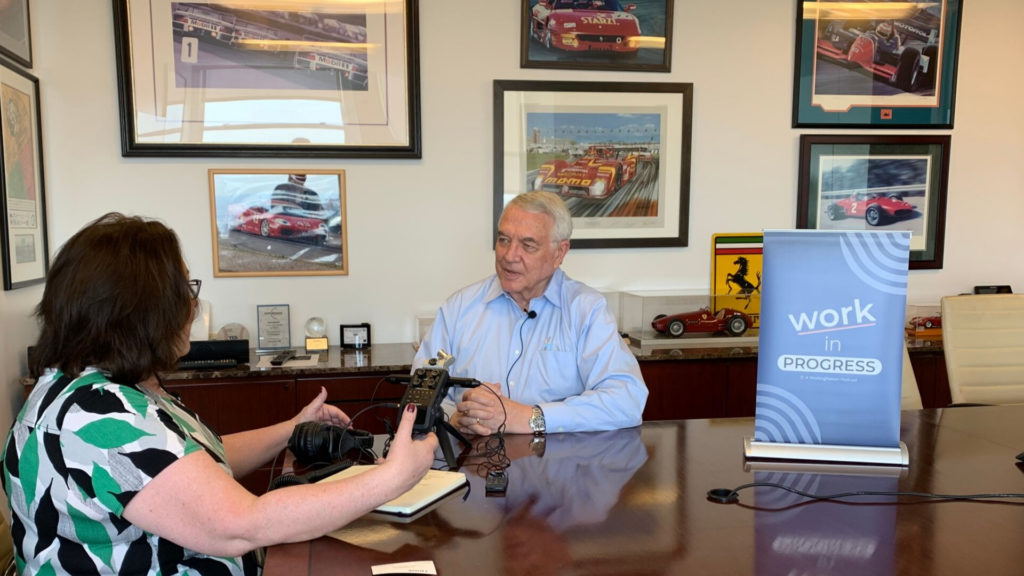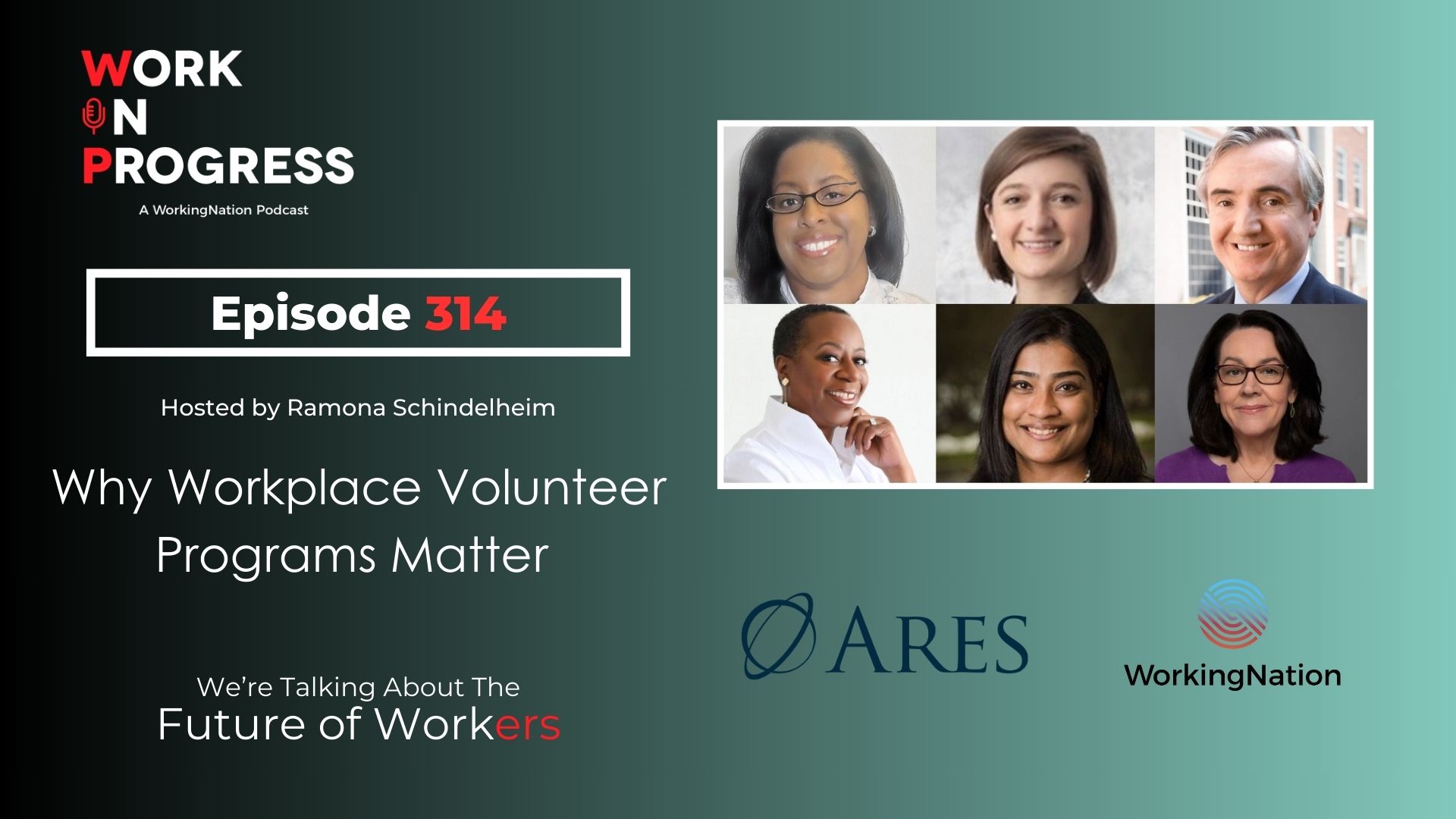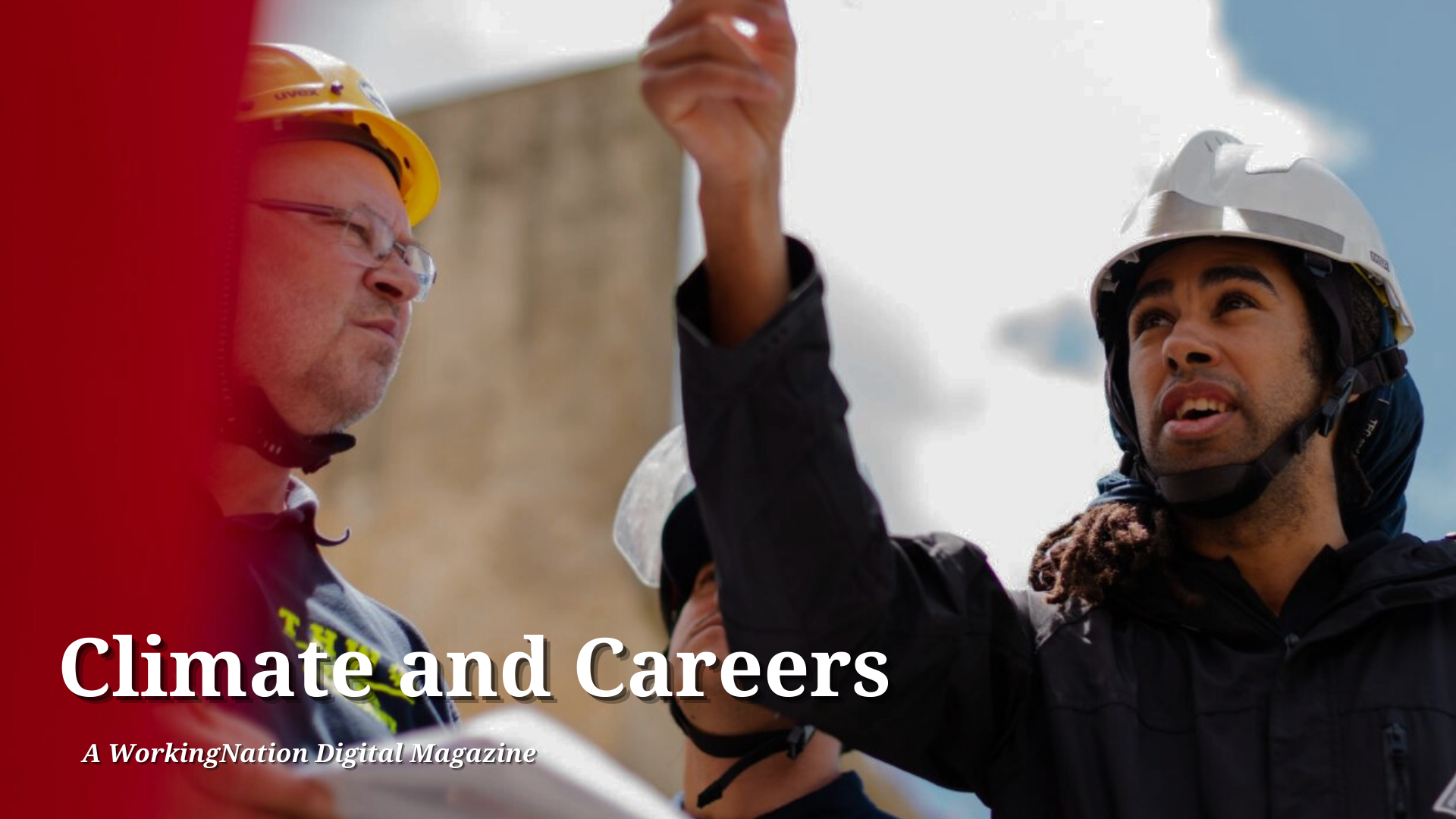The digital divide has been a topic of debate since before the millennium, worldwide and in the United States. Yet, here at home, both urban and rural areas are still disadvantaged by a lack of high-speed internet access.
Lack of broadband access makes it harder to, among other things, find work in general and to train for in-demand skills needed for good-paying jobs. It takes job seekers out of the running for the increasing number of remote work jobs, such as freelance software developer and computer consultant.
Things are slowly improving, but there’s still a long way to go.
According to the Federal Communication Commission website, “In urban areas, 97 percent of Americans have access to high-speed fixed service. In rural areas, that number falls to 65 percent. And on Tribal lands, barely 60 percent have access. All told, nearly 30 million Americans cannot reap the benefits of the digital age.”
Last year, the FCC’s Connect America Fund Phase II auction allocated $1.488 billion to expand rural broadband service in 45 states, meaning more than 700,000 homes and small businesses will gain access to high-speed Internet service. That’s expected to happen over the next 10 years.
That still leaves quite a gap.
Broadband access: A civil right
Leo Hindery is the former CEO of AT&T Broadband and current managing partner of the private investment fund InterMedia Partners. In an interview with WorkingNation Editor-in-Chief Ramona Schindelheim for the upcoming Work in Progress podcast series, he argues that the federal government can, and should, do more to put pressure on internet service providers to bridge the gap.
“Everybody who purveys broadband in one form or another is reliant on the federal government for something. A license, loan guarantees, things of that sort. There are all kinds of opportunity for the Federal Communications Commission under its public interest doctrines to require purveyors of broadband to leave nobody behind.”
Hindery calls closing the digital divide “a civil rights issue that should be paramount.”

“Civil rights traditionally have been about race and ethnicity, gender and faith, and orientation. It needs to also include this technical phenomenon called the internet.”
“Access to the technology called the internet is a human right,” Hindery tells WorkingNation. “And it’s a human right in Africa, Latin America, United States, Asia. You will profoundly leave behind any young woman or man who doesn’t have access to the internet at an early age.”
Hindery says it’s important to understand the history of the internet to see why it’s so vital to the country at large.
“It was birthed as an academic phenomenon, became a national security capability, and today is in most people’s minds, thought to be some grand entertainment or gaming phenomenon. If it’s the latter, I am not so concerned about who has or who doesn’t have broadband.”
However, he notes, “If the reality of broadband is education, healthcare, job advancement, job alteration to meet the changing environment and the changing economy, then every family that you leave behind is decimated into the future.”
Hindery cites an economic divide as well as geography as key factors contributing to uneven internet access.
“And we do have a country that’s 3,000 miles in width. And what we’ve created, is an almost a red-lined sense of the internet in certainly our urban communities already, poor children don’t have access, the rich children do.”
“And if I bring broadband to the rural or semi-rural communities, that family that suddenly has broadband is ideally better informed, their children are better educated, their health care is better, their sense of opportunity for employment outside of that small town is elevated.”
A local solution?
But how to get there?
Christopher Mitchell is the director of the Community Broadband Networks initiative at the Institute for Local Self-Reliance.
He agrees that internet access is a civil rights issue and tells WorkingNation the key is opening up the playing field.

“I would say the market is broken and therefore what we need to do is to have a better market. The way to do that is by having local governments create competition when the private sector is not able to on its own.”
“I think that the crucial thing to do is get more wired networks that have different incentives. And so, a lot of our work has focused on municipal networks in urban areas, and more often in rural areas cooperative networks from telephone co-ops to electric co-ops,” Mitchell says. “And these are entities that are focused first and foremost on meeting local needs rather than simply extracting as much wealth as possible from the community that they’re serving.”
But there are states actively working against such solutions.
According to Mitchell, “There are 19 states that we recognize as having significant barriers deliberately preventing or discouraging local governments from offering internet access or creating competition to existing providers. Now the good news is that number has remained the same. We haven’t seen any new barriers in roughly eight years. But the problem is, is that we’ve only started to have a hope of reducing the barriers, and there’s still a lot of work to stop states from stopping cities from providing competition for Internet access.”
“The cable and telephone companies are the often the worst-ranked sector in of all American businesses,” Mitchell says. “And so, what I’m surprised is that we don’t see more government action whether the state or the federal level to improve broadband. But I think the reason that we don’t see that is because the cable and telephone companies do a very good job lobbying and making sure that the legislators hear from them every day. And so, it ends up being harder for the legislators to actually do anything that would threaten the monopolies of these big cable and telephone companies.”
Competition to lower costs
But access to broadband is only part of the problem. Among those who do have the ability to tap into high-speed internet, cost is a factor. A 2015 Pew Research poll found 33 percent cited the monthly cost of service as the reason they don’t have broadband at home. An additional 10 percent said the cost of a computer was their main reason for not having broadband service.
And according to BroadbandNow Research, only 5.5 percent of Americans have broadband available at $40 per month or lower. That number rises to 11.9 percent for service costing $50 or less.
Three states — Alaska, Maine and Montana — do not have broadband available from any provider at a cost of $60 per month or less.
“I think the costs are kind of the major issue with a lot of places even those that have it”, Mitchell says. “And the way you bring the cost down is through competition. You would expect the cost to be the highest in the areas that were highest to build, but that’s not what we see. And the areas that cost the most to build high-quality networks tend to be rural areas and co-ops have built in those areas, often with government subsidies. Nonetheless, the prices that they offer are reasonable.”
The 2020 presidential hopefuls have taken notice of the issue.
Senator Elizabeth Warren (D-MA) is proposing an Office of Broadband Access that would oversee an $85 billion federal grant program. And South Bend Mayor Pete Buttigieg (D-IN) has announced an $80 billion Internet for All program. Former Vice President Joe Biden, Amy Klobuchar (D-MN) and Bernie Sanders (I-VT) also have announced plans to fund greater internet access.
Editor’s note: The Work in Progress podcast debuts in mid-October on WorkingNation.com.
You may also like:
It pays to live and work in these cities
Bringing tech careers, not just jobs, to rural America
America’s desire to re-skill is making online education cheaper
Governors release job creation guide and infrastructure initiative
States developing strategies to understand in-demand skills and connect workers











